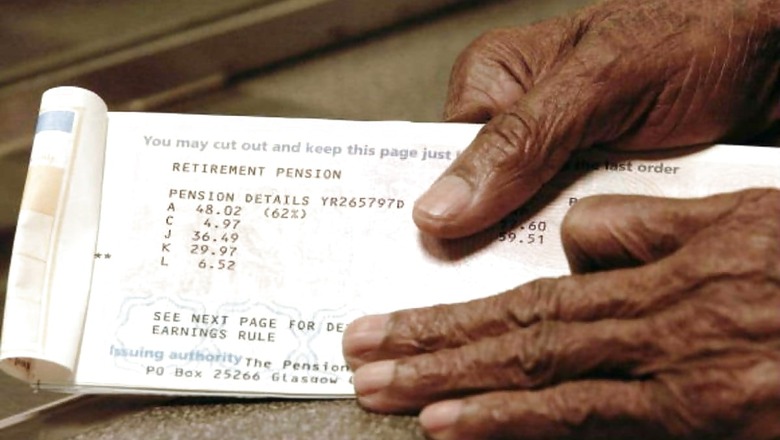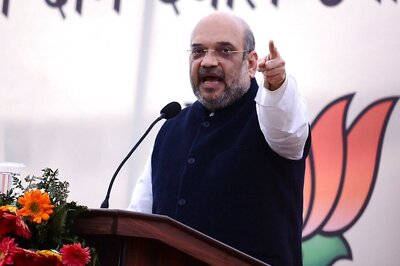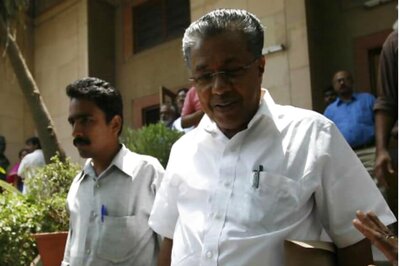
views
Retirement planning begins early and the aim is to create a corpus that not only pays the bills but also maintains your lifestyle years after retirement. This requires a lot of financial planning and taking risks in investments that offer higher returns. It is important to have enough money after your retirement to remain self-sufficient and independent.
One must always try to hold on to their retirement savings as premature withdrawals result in loss of principal, interest, tax incentives and face withdrawal fines. An employee needs to be compensated after completing a long time of service to the company and the economy of the country.
Few programs enable the employee to pay in part to the firm, most are solely supported upon retirement by the entity. Such two retirement perks are pension and gratuity.
Gratuity is the amount of money earned by an employee as a means of appreciation for his service to the company while pension is a certain amount paid in periodic instalments to a person after retirement.
A lump-sum fee is paid to the employee in this scheme based on the years of employment and the last pay check is drawn. An employee is entitled to earn gratuity after completing five or more years of employment with the same employer. The amount is compensated upon termination due to superannuation, retirement, resignation or death, disability due to an injury or sickness.
Pension benefits become effective for employers who have worked for the same employer for at least 10 years. It is a service provided by the employer to the ex-employee or his dependent families permanently. Under this, the company adds a certain amount over the years of employment. It is a form of retirement scheme that guarantees a monthly income after the termination of service.
According to the laws of taxation, an uncommuted pension is considered to be a salary under Income Tax Act, 1961 and is taxable. The maximum amount of gratuity was amended by the Centre which now excludes up to Rs 20 lakh from tax under Section 10(10) of the Income Tax Act.
Read all the Latest News, Breaking News and Coronavirus News here



















Comments
0 comment